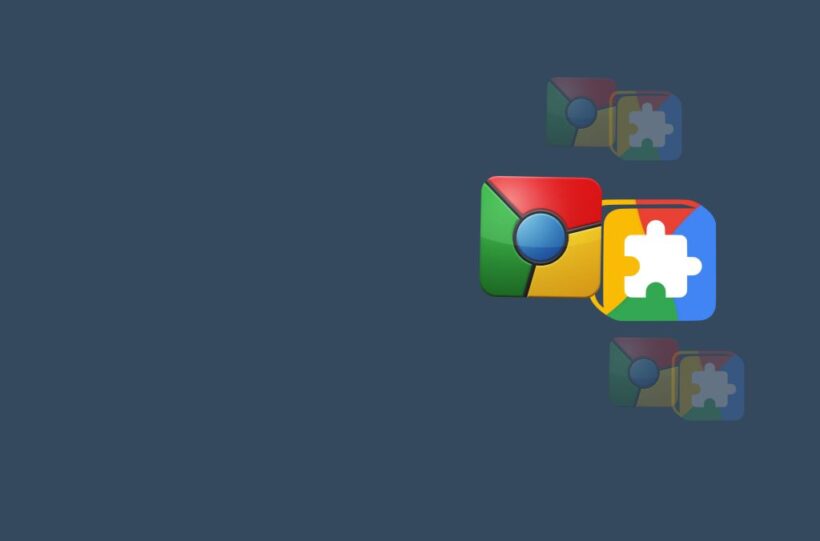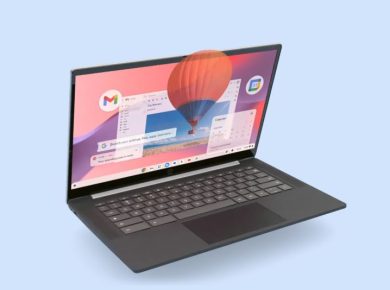Chrome OS Flex is an innovative operating system developed by Google, designed to bring the benefits of Chrome OS to PCs and Macs. It is a cloud-first, fast, easy-to-manage, and secure operating system, offering a modern computing experience.
History and Development
Chrome OS Flex was introduced by Google as a new version of Chrome OS, aiming to extend the advantages of Chrome OS beyond Chromebooks. It is built on the foundation of Chromium OS, an open-source project that serves as the basis for Google’s desktop operating system.
The idea behind Chrome OS Flex stemmed from Google’s acquisition of Neverware in 2020. Neverware was the developer of CloudReady, an operating system based on Chromium OS, which had successfully helped businesses and schools modernize their PCs and Macs. By integrating the benefits of CloudReady into Chrome OS, Google created ChromeOS Flex to offer a new, free-to-download operating system.
Chrome OS Flex Features
- Cloud-First Approach: Chrome OS Flex is designed with the cloud in mind. It leverages cloud technology to provide a fast, secure, and easy-to-manage experience, allowing users to access their data and applications from anywhere.
- Fast and Efficient: The operating system is known for its speed and efficiency. With boot-up times as quick as 6 seconds, devices running Chrome OS Flex don’t slow down over time. Background updates ensure reduced device downtime, enhancing overall productivity.
- Proactive Security: ChromeOS Flex offers robust protection against various threats, including viruses, ransomware, phishing, and malware. Sandboxing technology, blocked executables, and IT controls eliminate the need for additional antivirus software.
- Easy Deployment and Management: Chrome OS Flex can be easily deployed via a USB drive or over a network. The Google Admin console provides a powerful and simple management experience for IT administrators, with over 500 policies and controls.
- Sustainability and E-Waste Reduction: By revitalizing older devices, Chrome OS Flex helps reduce e-waste. Instead of discarding aging PCs and Macs, organizations can install ChromeOS Flex to extend their lifespan, contributing to environmental sustainability.
- Automatic Updates: Chrome OS Flex receives automatic updates, ensuring devices stay current and secure without intrusive update processes.
- Compatibility: Chrome OS Flex is designed to support a wide range of PCs and Macs, particularly those over the last decade. While it officially supports certified models, it may also work on non-certified devices, although performance and stability may vary.
Use Cases
Chrome OS Flex is ideal for businesses and educational institutions looking to modernize their existing hardware fleet without incurring additional costs. It provides a consistent and high-quality experience, making it suitable for classrooms, kiosks, and virtualized environments.
For businesses, Chrome OS Flex offers enhanced security, simplified management, and improved productivity. It helps protect against ransomware and other threats, ensuring business continuity. Additionally, ChromeOS Flex contributes to sustainability initiatives by reducing e-waste and energy consumption.
In educational settings, ChromeOS Flex can transform older devices, increasing their performance for more efficient teaching and learning. It is easy to manage alongside existing Chromebooks, and its cloud-based nature ensures that students and teachers can access their work from anywhere.
Chrome OS Flex Installation and Setup
Installing Chrome OS Flex is straightforward. It can be installed using a bootable USB drive or through network deployment. The process typically takes around 20 minutes, and users can try ChromeOS Flex without committing to a full installation by booting directly from the USB drive.
Once installed, Chrome OS Flex provides a clutter-free, intuitive user experience. It offers fast access to web applications and virtualization, and cloud-based data storage. With automatic updates, devices stay secure and up-to-date without interrupting the user’s workflow.
Limitations
While Chrome OS Flex offers a range of advantages, there are some limitations to consider:
- Android App Support: ChromeOS Flex does not support Android applications. However, it does support streaming apps from an Android phone’s screen and offers full access to Google Assistant.
- Linux App Support: Some devices with Chrome OS Flex may not have the hardware to support Linux apps. This means that some machines will primarily be cloud-first machines with web app functionality.
- Processor Compatibility: ChromeOS Flex only supports devices with Intel or AMD processors. Computers with ARM chipsets, such as Apple’s M1 or M2 chips, are not currently compatible.
- Port and Feature Compatibility: Chrome OS Flex may not support certain ports and features on devices, such as CD/DVD drives, fingerprint readers, Thunderbolt ports, and styluses.
Chrome OS Flex is a versatile and powerful operating system that brings the benefits of Chrome OS to PCs and Macs. It offers a fast, secure, and easy-to-manage experience, making it ideal for organizations looking to modernize their hardware fleet.
With its cloud-first approach, proactive security, and sustainability advantages, Chrome OS Flex is a compelling choice for businesses and educational institutions seeking a streamlined and cost-effective solution.
By choosing ChromeOS Flex, organizations can extend the lifespan of their devices, reduce e-waste, and contribute to a greener planet. It provides a seamless user experience, enhances productivity, and ensures robust security.
Chrome OS Flex is a testament to Google’s commitment to innovation and its ability to adapt Chrome OS to a broader range of devices.





